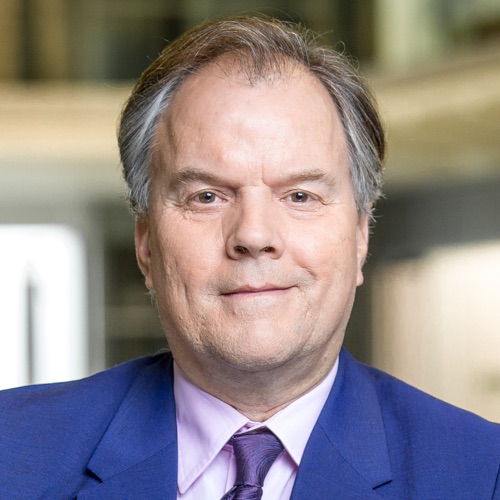Dreaming of Europe, Sweden and the jihad
If you are stuck in a warzone like Syria and have the means, luck and courage to get out, then Sweden is not only the polar opposite to the country you’re running from, it is also the country most likely to welcome you.
The place is safe and friendly. The healthcare is world class. The education is renowned.
Apart from some long winter nights and knotty Swedish grammar, you really couldn’t imagine a nicer home on paper.
What’s more, since the 1970s Sweden has had perhaps the most open asylum policy of any country in the world.
By law, if a conflict persists beyond a certain length, asylum seekers from that war are granted automatic and permanent residency rights.
The gaggle of children we came across in the playground of a housing estate on the outskirts of Stockholm was a snapshot of every conflict of the last two decades.
Read more: Dreaming of Europe, Africa’s migrants risk disease, rape and death
There were children from Iraq, Somalia, Chechnya, Bosnia and, of course, Syria, all conversing with each other in fluent Swedish.
This much I expected. What I didn’t expect was the degree of fear and loathing from the Syrian civil war that has travelled with the asylum seekers to their new refuge.
In the immigration office one of our contacts, Osama – an Assyrian Christian journalist who blogs against the Assad regime – almost came to blows with some pro-Assad Christians who had recognised him from the Internet.
‘Hissed like snakes’
They hissed at each other like snakes. The whole waiting room, crammed with Syrian refugees, was transfixed, waiting for a fight.
“I will kill you when you get out of here,” the large man with a thuggish face and a shaved head said to our contact.
Osama called the police but they never came. He is afraid to live in his housing estate surrounded by Syrians who hate him.
He has applied to move to the north of Sweden, where the nights are even longer and colder but where no-one, he hopes, will know who he is.
A family of seven I interviewed in the asylum centre was afraid to give me their name or show their faces because they were convinced the Syrian muhabarat, or secret service, would be watching their interview and would come after them.
I tried to reason with the father by telling him that the muhabarat had other things on their minds these days, like surviving a civil war. But he wasn’t convinced.
Read more: No turning back for Bulgaria’s 5,000 Syrian refugees
Over time, fear is worn like a second skin. The family, originally from Hama, had spent six days and $10,000 on a rickety fishing boat from Alexandria, in Egypt, to Sicily.
The sea was choppy. The boat, which jammed packed with 130 migrants, was disintegrating, and 100 miles or so off Sicily the engine failed.
“I was convinced we were all going to die,” the father told me. “I asked my children for forgiveness.” The oldest one was 10, the youngest four.
They were saved by the Italian coastguard, then escaped from a detention camp in Sicily and made their way by train to Sweden.
They travelled in the Schengen zone and their passports were never checked once. This perilous migration, fraught with danger, is driven by fear and desperation. It happens a thousand times a week. The family from Hama will be made to feel welcomed in Sweden.
Swedish will sound strange to their ears but they will learn it faster than they expect. They will have Swedish passports. They will probably eat meatballs and boiled fish.
They will be Swedish on paper but when they get older they, like tens of thousands of other refugees, may suddenly realise that their new home has only caressed them, not embraced them.
And then they could feel as if they belong nowhere. These are the newly minted Swedes who are recruited to fight the jihad in Syria or Somalia.
They seek a new third home, and radical Islam offers them one. To be clear, we are talking about a very small minority here.
But they are beginning to worry the Swedish authorities, who are slowly waking up to the fact that their country’s asylum policy is far more progressive than society itself.
Follow @mattfrei on Twitter

